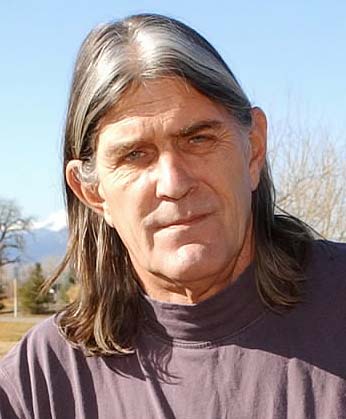Last week, as his tragic-comic lawsuit unfolded in a Denver courtroom, most of the attention focused on Churchill's admission that he ghost-wrote a book for another scholar and then cited it in support of his own work. That's unusual and probably unethical, but it's not nearly as bad as Churchill's real sin: pawning off rumors as facts.
Most notoriously, Churchill wrote that the U.S. Army intentionally spread smallpox among the Mandan tribe of Native Americans by distributing infected blankets from a St. Louis infirmary. His account was "self-evident," Churchill blithely told a university investigative committee. "Such stories have been integral to native oral histories for centuries," Churchill explained. "I've heard them all my life."
So that makes them true? Consider the steady stream of lies that has plagued racial minorities, all of them equally "self-evident" to the people who repeat them.
And by replacing their falsehoods with a new set of myths, we injure America's ongoing struggle for racial equality. If an eye for an eye makes the whole world blind, to quote Gandhi, a lie for a lie makes us all into cynics. You can't speak truth to power if nothing is true.
No matter what happens to Ward Churchill, then, let's make sure we set the historical record straight. And let's tip our hats to John Hope Franklin, who reminded us why it matters. For America's least fortunate citizens, indeed, the truth is often all that they have.
Don't just expect us to swallow your claims as if you're some sort of holy figure. I.e., a Ward Churchill type who thinks he's God's gift to Indians. If you're going to assert something, do your best to prove it.
For more on the subject, see Educating Russ About Historical Accuracy.
Below: "I'm an Indian and I'm right because I said so."


3 comments:
The smallpox blankets myth makes me laugh; why on earth would army members risk infecting themselves just to whipe out a defenseless Mandan group? It makes no sense whatsoever.
Good point. But if soldiers who had already had smallpox handled the blankets, couldn't they have carried out the scheme?
True but your average soldier would have preferred to massacre them; more 'fun' after all.
Post a Comment